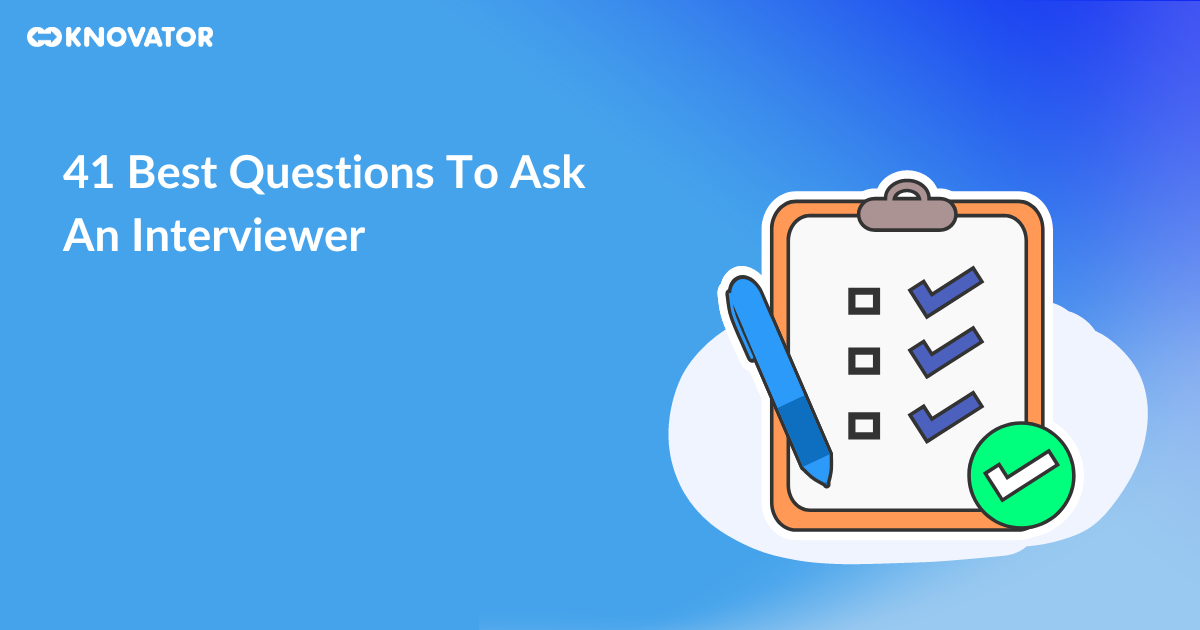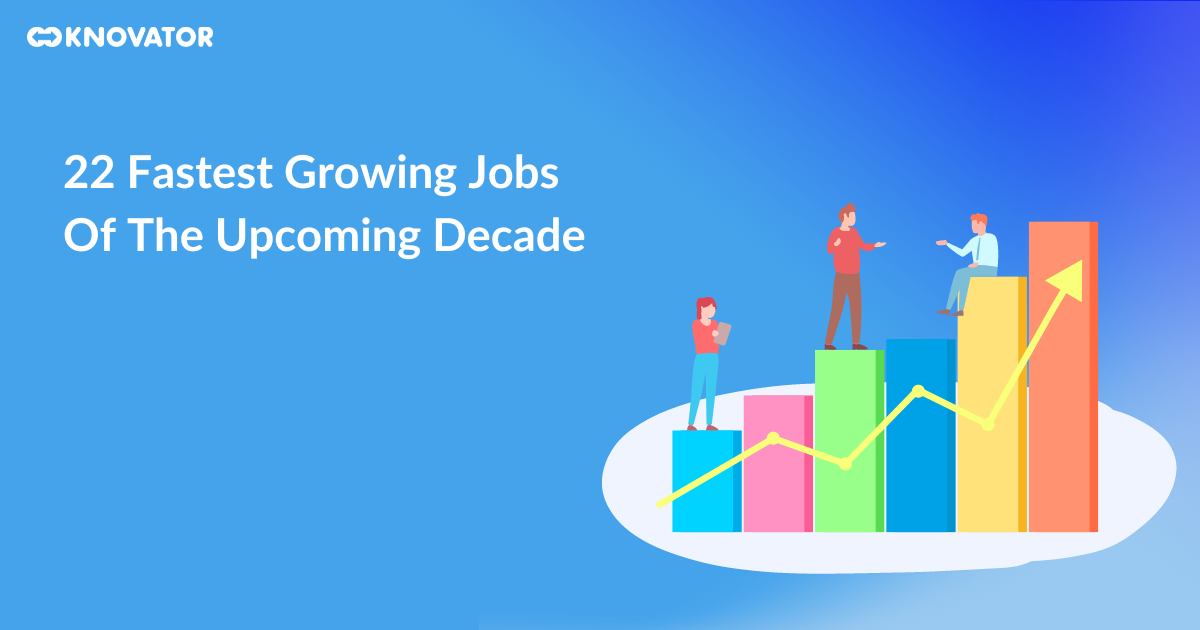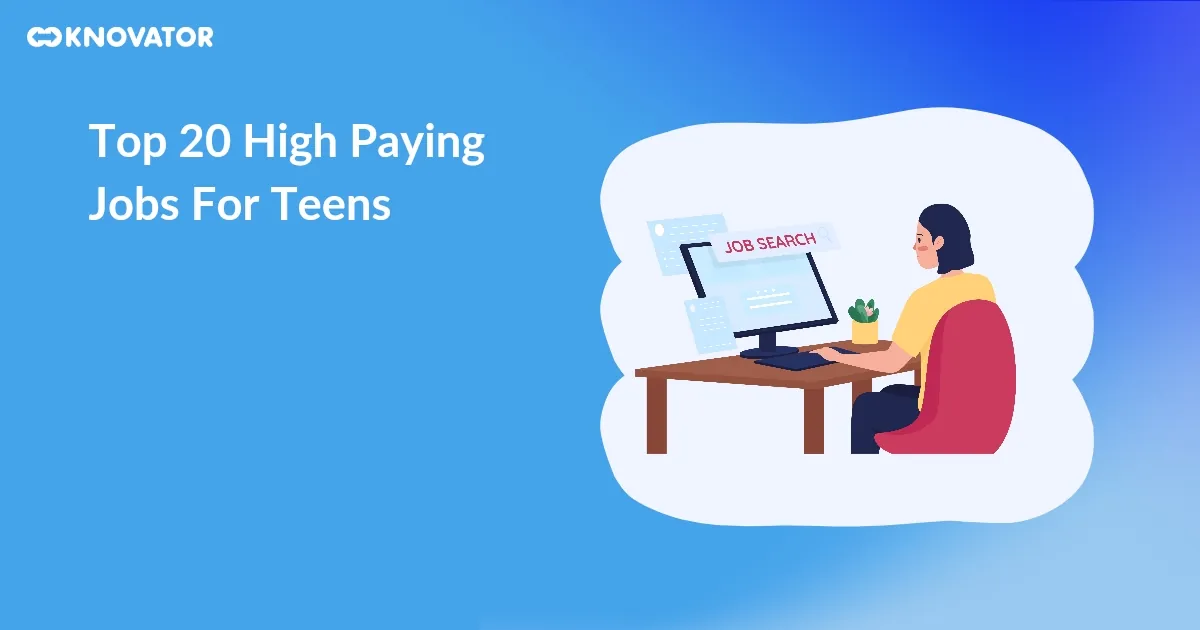Let’s peek into the world of Generation Z, born between 1996 and 2010, who are coming into their own in a digitally dominated, climate-anxious era. This generation’s identity is deeply influenced by the digital age, environmental concerns, financial shifts, and the COVID-19 pandemic.
Who is Gen Z?

The Digital Life of Gen Z

The Struggles of Gen Z
Gen Z is facing significant challenges. A mental health crisis is looming large, with Gen Zers reflecting a less optimistic outlook and the highest prevalence of mental illness among all generations. They confront anxieties about the global climate and a sense of uncertainty towards their economic future, with many experiencing unfulfilled social needs. However, they display a progressive stance towards mental illness stigma, especially among Europeans.
The Values of Gen Z

Gen Z and Fashion Trends

The Impact Of Gen Z on Workspaces & Office Culture
As the first fully digital-native generation, Gen Z brings a fresh perspective to the workplace, characterized by their proficiency in technology, diverse backgrounds, and strong desire for work-life balance. This generation’s impact is reshaping traditional office norms, fostering a more collaborative and inclusive environment, and pushing for greater flexibility and remote work options. Understanding and adapting to Gen Z’s expectations is crucial for organizations aiming to attract and retain this influential demographic in the workforce. Here are key points you must know about Gen Z: –
They Are Digital Natives
Gen Z is the first generation to grow up with the internet as a part of daily life, making them “digital natives”. They are comfortable with technology and expect to use it in their jobs. This digital fluency can lead to increased efficiency and adaptability in the workplace.
They Have Social and Environmental Awareness
Gen Z is known for its idealism and desire for social progress. They demand purpose and accountability, the creation of more opportunities for people of diverse and underrepresented backgrounds, and rigorous sustainable and green practices. This generation’s values are likely to push companies to become more socially and environmentally responsible.
They Are Conscious About Mental Health
Gen Z faces an unprecedented behavioral health crisis with high levels of mental illness and a generally less positive life outlook1. Their experiences might foster a more open dialogue about mental health in the workplace and encourage companies to prioritize employee mental health.
They Love And Preach Inclusivity
Gen Z values inclusivity and a sense of community. They are more interested in belonging to an inclusive, supportive community. This could result in workplaces becoming more diverse and inclusive.
They Express Individually
Gen Z is more individualistic, with a stronger sense of personal expression. This can encourage a culture of creativity and individuality within the workplace.
Despite all the challenges, Gen Z individuals are known for their idealism and social progressivism. They believe in doing their part to help stop the intensification of climate change and to establish greater equity for all. Gen Z collectively demands purpose and accountability, the creation of more opportunities for people of diverse and underrepresented backgrounds, and rigorous sustainable and green practices. This means allowing them the liberty of choice while guiding their experience can be the key to gaining their trust and retaining them for a lifetime!







